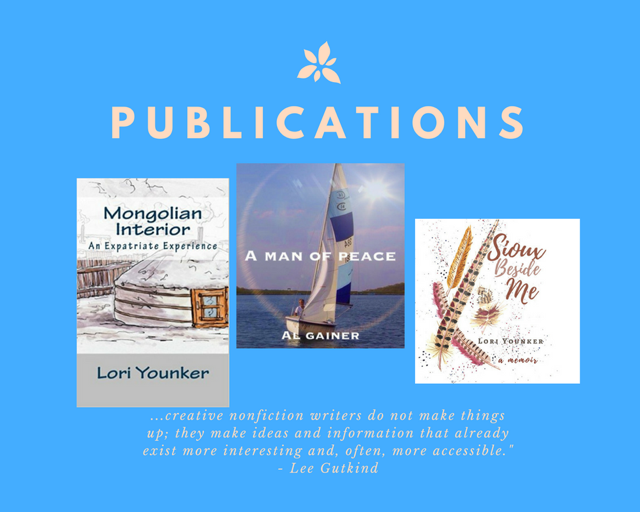One easy way to begin sharing your culture or a new culture to your readers is to engage in a word study.
Dig up the history of a word in a local proverb or mantra.
For example, if you were in London and encountered the “Be Calm” signage, why not find out the history behind the word “calm” and back it up with your personal experience of a time you needed to remain calm or a description of a Brit who epitomizes the British way of being calm.
Here’s an example of an efficient word study in terms of conciseness and clarity.
Centuries ago, the word wyrgan first appeared in the English language. It means “to strangle.” Later, the word’s form morphed to worien, and it’s meaning became “to bite and shake”–like a dog, playing with a bone. The word eventually became worry, but at first, it mean “to harass.” Around the mid-1900s, the meaning of worry changed once more to the one we recognize: “to fret, to be anxious.” So how about it? Are your worries strangling you, harassing you, nipping constantly at your heels, and refusing to give you a moment’s peace?
“Grace and Peace,” Amazing Grace for a Woman’s Heart © 2016 CTA, Inc.
Learn more about CTA (Christian Tools of Affirmation)
Reference a trusted dictionary of etymology
to dig up the history of a word.
Use italics when you want to place a spotlight on a word as a “word.”
The word study has developed into long lyrical essays. A lyrical essay will depart from normal conventional prose and touches the edges of poetry. White space or divisions on the page become a canvas on which to write and to move the reader emotionally. A recent lyrical essay that I encountered was titled PARA*. Author Marisa L. Manuel explored words that are derived from the prefix, para. Examples are para-normal, para-meter, para-phrase. She developed the essay by bouncing her ideas off of the various terms and discovered the meaning attached to her life and identity as a marginalized citizen of the U.S.
At times, inside our own pieces of memoir, we may explore a tangent, name chapters by a term we are pondering over. We may explore the definitions of the roles we play or the conditions we find ourselves. What does home-bound mean to you? How about single? What does it mean to be single?
So, we can see that a word study could be seen as a continuum from small, like a hook in the introduction or large, stretching itself across the narrative, driving the rhythm and calling out the names of towns, like the train conductor for the stops along the track to a final destination.
*Manuel, Marisa L. “PARA” was published in the magazine Creative Nonfiction, Issue 76, Winter 2022.
Back to Writing Tips
Continue Module 6, The Essay: Expressing Regret



